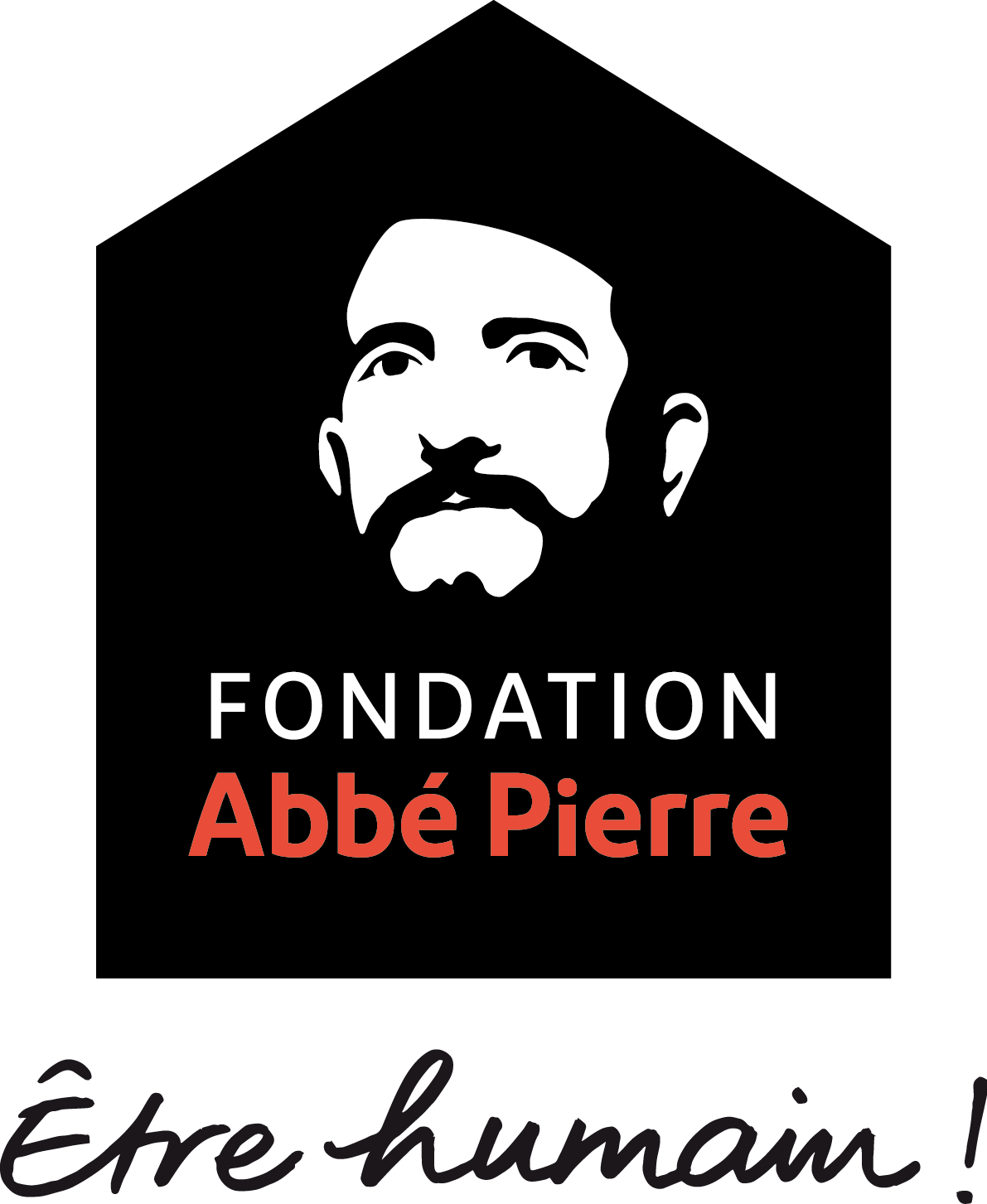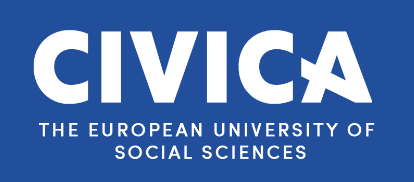Online event
Une séance dans le cadre du séminaire conjoint CERI - CEE (Centre d'études européennes et de politique comparée) : Les sciences sociales en question : grandes controverses épistémologiques et méthodologiques.
Scientific coordination : Samy Cohen, Sciences Po-CERI and Nonna Mayer, Sciences Po-CEE, CNRS.
Lieu :
Online event
The research group "The Diplomat, the Military and the Spy" invites you to the next seminar of its research program "Intelligence and Statecraft".
Christian Lequesne, Hugo Meijer and Emilija Pundziute-Gallois
The link to the on-line event will be sent to you upon registration
Scientific coordinators : Christian Lequesne, Sciences Po-CERI et Hugo Meijer, Sciences Po-CERI.
Lieu :
Responsables scientifiques de l'événement : Catherine Wihtol de Wenden, Hélène Le Bail, Hélène Thiollet, Antoine Pécoud, Catherine Perron et Thomas Lacroix
Événement en format hybride (présentiel / visioconférence)
Lieu : Salle S1, 2e étage, 28 rue des Saints-Pères 75007 Paris
14h00: Pour une sociologie historique de l’expertise internationale. Genèse d’une expertise électorale à la fin de la guerre froide (1982-1998)
Intervention de Quentin Deforge, Université libre de Bruxelles
Présentation de l’article qui montre comment, à la fin de la guerre froide, une expertise électorale internationale s’est stabilisée, articulant "observation électorale" et "assistance électorale". Il s'inscrit, dans une perspective transnationale, dans une démarche de sociologie historique du politique, attentive à la façon dont les pratiques politiques sont historiquement construites. Il étudie pour cela le processus à travers lequel, de 1982 à 1998, l'élection est devenue un objet de l'action publique transnationale, processus traversé par des concurrences entre plusieurs problématisations possibles de l'élection, à travers la production de savoirs inscrits respectivement dans le droit, dans les savoirs administratifs et dans le conseil politique. L'article s'appuie pour cela sur les archives des cinq organisations : le Centro de Estudios y Promoción Electoral (CAPEL) fondée au Costa Rica en 1982, l'International human Rights Law Group, qui a développé des standards d'observation électorale en 1984, l’International Foundation for Electoral Systems (IFES), fondée à Washington DC en 1987, l’Unité d’assistance électorale de l’ONU, fondée à New York en 1991, et enfin l’International Institute for Democracy and Electoral Assistance (IDEA), fondée à Stockholm en 1994.
16h: Using the Election Forensics Toolkit to Test for Fraud in the 2018 Egyptian Presidential Elections
Intervention de Neil Ketchley, University of Oxford
This research note scrutinizes official vote counts from the 2018 Egyptian presidential election. Drawing on data for 13,807 polling stations published by the Egyptian Electoral Authority, it uses the Election Forensics Toolkit to estimate a series of digit and distribution tests. The results point to statistical anomalies in voter turnout for polling stations located in Egypt’s major population centers. The findings align with journalistic accounts of very low turnout in those areas and demonstrate how tools from electoral forensics can be applied to the study of elections in the Middle East and North Africa.
Pour les inscriptions, contacter Marina Machuca, doctorante du projet: marina.machucadegodoi@
Responsables scientifiques de l'événement : Hélène Combes, Sciences Po-CERI, Elise Massicard, Sciences Po-CERI, Marina Machuca, Sciences Po-CERI
Événement en présentiel
Lieu : Salle G009, rez-de-chaussée, 28 rue des Saints-Pères - 75007
Cet événement est organisé par le séminaire du groupe Mondes post-soviétiques du CERI et Echelle Inconnue avec le soutien de la Fondation Abbé Pierre
Parmi d'autres centres d'intérêt, Echelle inconnue développe une réflexion inédite sur la ville dans l'espace post-soviétique, comme le montre sa dernière production : Écrire sur les ruines du futur (n° 11, 2022). Entre marginalités urbaines et migrations, ce séminaire propose d’explorer la construction de la figure de l’étranger, les pratiques urbaines et politiques des migrants, ainsi que la dimension esthétique de l'(in)visibilité de l’étranger dans les contextes urbains.
Intervenants :
Stany Cambot, fondateur d'Echelle inconnue - Russie. L'étrangeté ou l'autre nom de l'avenir ?
Liud, architecte - La nouvelle migration des peuples
Mark Simon, anthropologue, University of Göttingen - Migrant Organizations in Russia in Contrast with Ethnicity-Based Anti-War Initiatives
Animation :
Gilles Favarel-Garrigues, Sciences Po-CERI
Responsables scientifiques de l'événement : Vera Ageeva, Juliette Faure, Gilles Favarel-Garrigues, Denys Gorbach, Elisabeth Miljkovic, Renata Mustafina, Kathy Rousselet, Ioulia Shukan, Tatyana Shukan, Victor Violier
Événement en présentiel
Organisé dans le cadre du projet ANR PolAsie, du séminaire PopAsiE et du séminaire Chine
Responsables scientifiques : Ya-Han Chuang, Hélène Le Bail, Françoise Mengin and Daniel Sabbagh
Hybrid event (presential / zoom)
Room : Salle G009, rez-de-chaussée, 28 rue des Saints-Pères 75007
Robert Jacobs is a Professor of History at the Hiroshima Peace Institute and the Graduate School of Peace Studies of Hiroshima City University. He is a historian of science and technology focused on nuclear technologies and radiation technopolitics. His book, Nuclear Bodies: The Global Hibakusha (Yale 2022), presents over a decade of field research conducted in more than 20 countries on the effects of radiation exposures to individuals and communities from nuclear weapon testing, production and accidents, globally. He has published and edited multiple books and articles on nuclear history and culture. In a previous life he was a chef and worked in the organic produce industry.
In the fall of 1961, President Kennedy somberly warned Americans about deadly radioactive fallout clouds extending hundreds of miles from H‑bomb detonations, yet he approved ninety‑six US nuclear weapon tests for 1962. Since the nuclear attacks on Hiroshima & Nagasaki there have been over 2,000 nuclear tests; we envision the Cold War as a period in which nuclear weapons were not used when in fact statistically there was a nuclear detonation every 8.6 days between 1950-1989. Millions of people lived downwind from those nuclear tests, and thermonuclear tests raised radioactive fallout into the troposphere and stratosphere which eventuated in global distribution of radionuclides. Millions more lived near nuclear production sites, or accident sites like Chernobyl and Fukushima. These are the “global hibakusha.” This lecture will weave these seemingly distinct legacies into an imbricated global history, examining the colonialism(s) with which nuclear weapon states "select the irradiated," the political use of medical models to render their harm invisible, and the millennia-long legacies of our embrace of nuclear technologies and their legacy wastes.
Scientifics Coordinators : Benoît Pelopidas, Sciences Po-CERI and Sanne Verschuren, Sciences Po-CERI
If you wish to follow the event via zoom, please register with the link below :
REGISTRATION
If you wish to follow the event in presentia, please register with the link below :
Événement en présentiel
Dans le cadre du séminaire PopAsiE, Populations asiatiques en Europe
Lieu : Salle S1, 2e étage, 28 rue des Saints-Pères 75007 Paris
 Speaker :
Speaker :Dr. Kien Nghi Ha is a postdoctoral researcher at the Institute for Asian Studies of the University of Tübingen. He teaches Asian German Studies and Asian Diasporic Studies and works also as writer and curator on postcolonial criticism, racism, and migration. Right now, he is curating the forthcoming film program “Asian Presences in the Colonial Metropolis Berlin” (April – June 2023). An edited book with the same title is planned for the end of 2023. He is also the author and editor of several other books. Most recently, the anthology Asiatische Deutsche Extended. Vietnamesische Diaspora and Beyond (2021) was published as an expanded new edition. His research was awarded with the prestigious Augsburg Science Prize for Intercultural Studies among other grants and fellowships.
Responsables scientifiques de l'événement : Ya-Han Chuang (Sciences Po CERI), Juan DU (CY Université, IFRAE Inalco) et Hélène Le Bail (CNRS, Sciences Po CERI, associée à Ifrae)
Événement en présentiel
Réflexions préliminaires à partir d’une enquête comparative à Managua, Le Cap et Marseille
Lieu : Salle S1, 2e étage, 28 rue des Saints-Pères 75007 Paris
Organisé dans le cadre du groupe de recherche "Travail de l'ordre, police et organisations répressives (TOPOR)
Intervenant :
Dennis Rodgers, Professeur de recherche à l’Institut de hautes études internationales et du développement (IHEID) de Genève (Suisse), il dirige le projet ERC GANGS (« Gangs, Gangsters, and Ganglands: Towards a Global Comparative Ethnography »).
Discutant :
Laurent Gayer, Sciences Po-CERI
Responsable scientifique : Laurent Gayer et le groupe de recherche Topor, Sciences Po-CERI
Événement en présentiel
Une séance organisée dans le cadre du séminaire général de Relations Internationales du CERI
Domestic Arrangements and Shelter-Seeking Behaviour
Lieu : Salle S1 (2e étage), 28 rue des Saints-Pères 75007 Paris
Intervenant :
Baldur Thorhallsson, University of Iceland
Responsables scientifiques de l'événement : Thierry Balzacq, Stéphanie Balme, Ariel Colonomos, Carola Kloeck, Christian Lesquesne, Hugo Meijer, Karoline Postel-Vinay, Frédéric Ramel, Chiara Ruffa.
Événement format hybride (présentiel / visioconférence sur zoom)
Lieu : Salle S1, 2e étage, 28 rue des Saints-Pères 75007
Une séance organisée dans le cadre du séminaire Environnement et Relations Internationales du CERI (Sciences Po Paris) en partenariat avec CIVICA
Intervenante :
Ulrike Zeigermann, Université de Würzburg
Discutante :
Kari de Pryck, Université de Genève
Responsables scientifiques :
Carola Kloeck, assistant professor, Sciences Po-CERI
Adrien Estève, docteur associé, Sciences Po-CERI
Anaëlle Vergonjeanne, doctorante, Sciences Po-CERI
Si vous souhaitez suivre l'événement via zoom, veuillez vous inscrire avec le lien ci-dessous :
INSCRIPTIONS
Si vous souhaitez suivre l'événement en présentiel, veuillez vous inscrire avec les liens ci-dessous :
Présentation du livre de Jérôme Doyon
University of Michigan Press, 2023
https://www.press.umich.edu//12291596
Responsables scientifiques : Françoise Mengin et Jean-Louis Rocca
Événement en format hybride (présentiel / visio-conférence)
Le rapport CEPAL AECID
Lieu : Salle S1, 2e étage, 28 rue des Saints-Pères 75007
Dans le cadre de "Último jueves del OPALC"
Intervenants :
Carlos Maldonado, CEPAL
Varinia Tromben, CEPAL
Président/discutant :
Olivier Dabène, Sciences Po-CERI
Responsable scientifique : Olivier Dabène, Sciences Po-CERI.
Vous souhaitez suivre le séminaire via zoom, veuillez vous inscrire ci-dessous :
INSCRIPTIONS
Vous souhaitez suivre le séminaire en présentiel, veuillez vous inscrire avec les liens ci-dessous :











 06/03/2023
06/03/2023 12:30
12:30 








